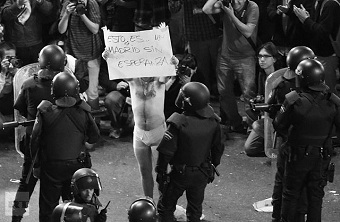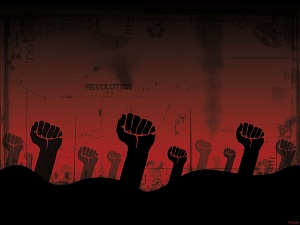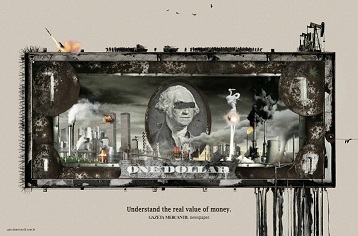Europe strengthens repressive powers of the state
The aim of this anti-Islamic campaign is to divide the working class, suppress opposition to imperialist war, whip up right-wing forces, and direct growing social tensions into reactionary, racist channels.
The anti-Islamic film The Innocence of Muslims has triggered a storm of protest extending from Indonesia in Southeast Asia to Tunisia in northwestern Africa. The sheer magnitude of the protests demonstrates that they are not simply a response to the ravings of individual religious fanatics, but an expression of broad popular opposition to the US and its European allies, which have plunged the affected countries into war, humiliated their peoples, and exploited them as cheap labor.
The ruling circles of Europe have responded to the protests by defending the anti-Islamic propaganda in the name of free speech, while suppressing demonstrations against these racist provocations and strengthening their own state apparatuses. The most striking example is France, where the government has banned all protests against the defamatory Muhammad cartoons published by the satirical magazine Charlie Hebdo.
This buildup of state power is directed against the entire working class. The ruling class anticipates violent class struggles. Social contradictions and tensions in Europe are rapidly increasing as the euro crisis intensifies and a new recession gathers pace.
The French government claims it is acting in defense of freedom of expression, but grants this right only to the satirical magazine while denying it to those who feel offended and denigrated by the caricatures. In other countries, too, freedom of expression is used to justify the defamatory cartoons while protests against them are criminalized.




























